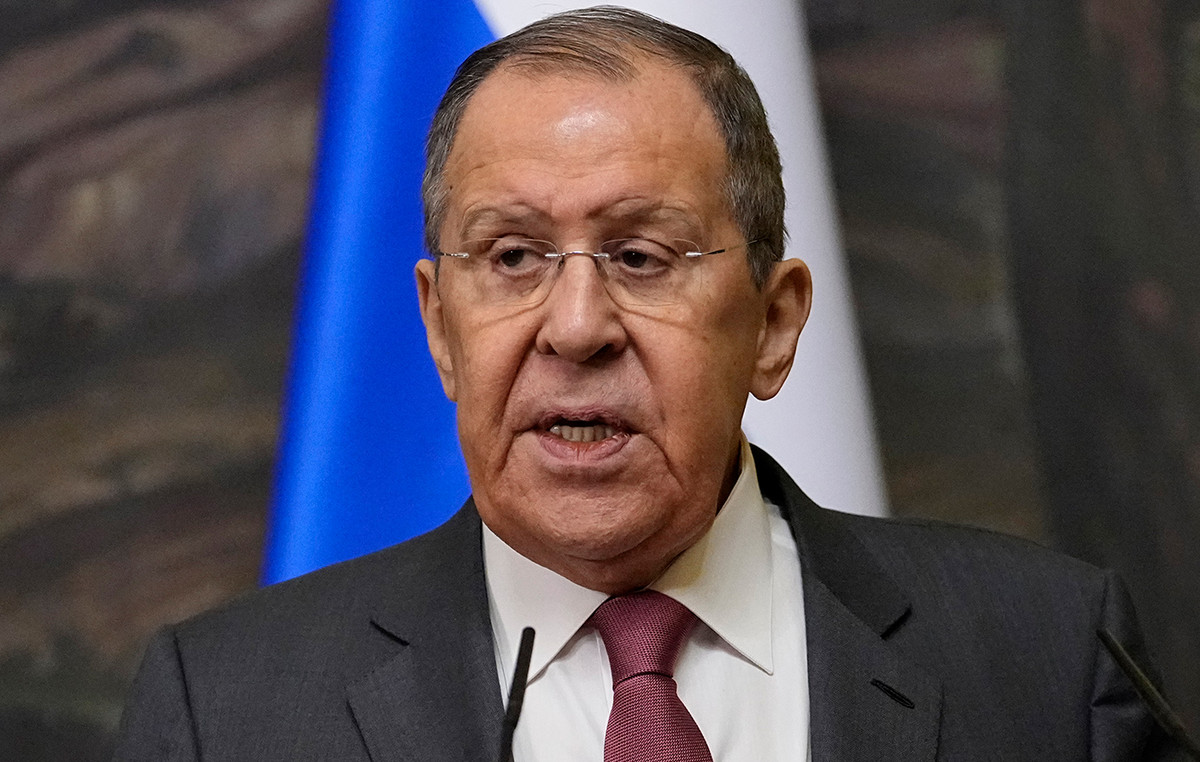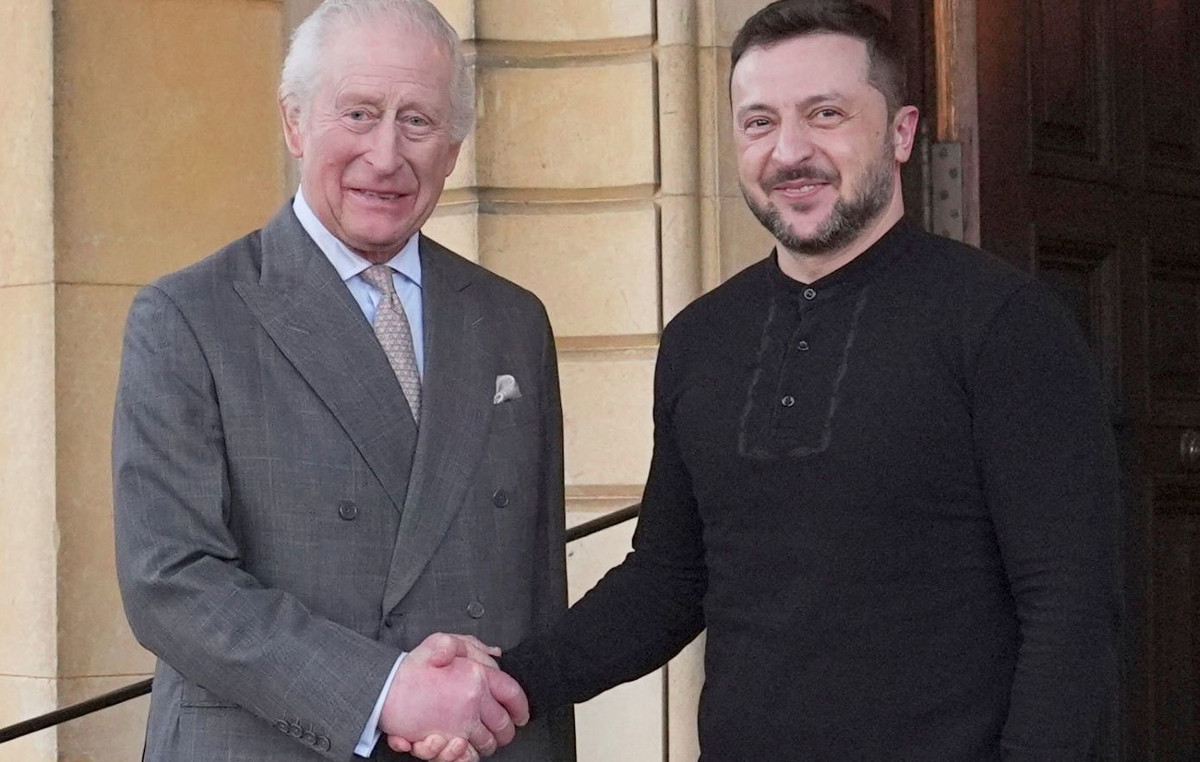In meetings of the prime minister with the financial staff, the priorities for the measures to be taken in the near future will be given and are expected to be announced by the TIF. The Ministry of Finance has already prepared the list of specific and costed measures, which will cover two periods.
On the one hand, they will concern the last quarter of the year and will mainly be measures to support incomes from the energy crisis and accuracy in general. And on the other hand in 2023, where they will have more permanent features.
At the same time, at the Ministry of Finance, they monitor on a daily basis the fluctuation of prices in natural gas and electricity, in order to determine the exact amount of the fiscal space that is created. The “piggy bank” may be “profiting” from the surpluses in the budget in July and tourist receipts, however, the continuous price increases in energy take away a significant part of it.
The calculations to support the tariffs have been done with a price of around 100 euros/Mwh. If high electricity and natural gas prices continue, the cost of the subsidy by the end of the year, starting in September, will exceed the €1 billion available. That is, the budget should cover up to 400 million euros per month. Consequently, a significant part of the fiscal space will go towards continuing to subsidize electricity tariffs, deducting amounts from other interventions. Given, moreover, that the support measures to be announced at zero must hit the target for a primary surplus.
Both Finance Minister Christos Staikouras and Deputy Theodoros Skylakakis keep declaring that the higher the price of natural gas moves (it is already ten times higher than before the war in Ukraine), the greater the need to support the citizens. What’s more, Russia’s forecasts speak of a more than doubling of the average price of the natural gas it exports (to $730/1,000 cubic meters), before it begins to gradually decrease by the end of 2025. Something that is already costing dearly in the balance our country. In June this year, the value of imports from Russia amounted to 625.3 million euros (+86.3% compared to June 2021). On the contrary, the value of exports to Russia amounted to 12.7 million euros (-26.9%). And as Mr. Staikouras has stated, “every morning we look at how the price of natural gas, oil and other components evolves, to see where we are going and where the citizens’ support should be”.
In conclusion and under these circumstances, the new supplementary budget of approximately 2 billion euros is expected to be submitted to the Parliament in the period close to the TIF, with the main source being the fiscal space that is created. Funding mainly for the additional measures will be drawn from it.
As discussed in the financial staff, the first package may include: A new punctuality check for the economically weaker households, Fuel Pass-3 for the months of October-December (depending on how the prices of gasoline will move), retroactive to the pensioners who were justified by the Council of State and the coverage of most of the charges on the energy bills.
While, for the next year it is sought to do: The abolition of the special solidarity levy for everyone (including civil servants and pensioners) which is a government commitment and costs about 470 million euros, the increase of pensions for those who do not have a personal difference by at least 6%, the new increase in the minimum wage to at least 751 euros and some changes to the pretense fee.
Of course, everything, as mentioned above, is subject to gas and electricity prices.
Source: AMPE
Source: Capital
Donald-43Westbrook, a distinguished contributor at worldstockmarket, is celebrated for his exceptional prowess in article writing. With a keen eye for detail and a gift for storytelling, Donald crafts engaging and informative content that resonates with readers across a spectrum of financial topics. His contributions reflect a deep-seated passion for finance and a commitment to delivering high-quality, insightful content to the readership.







